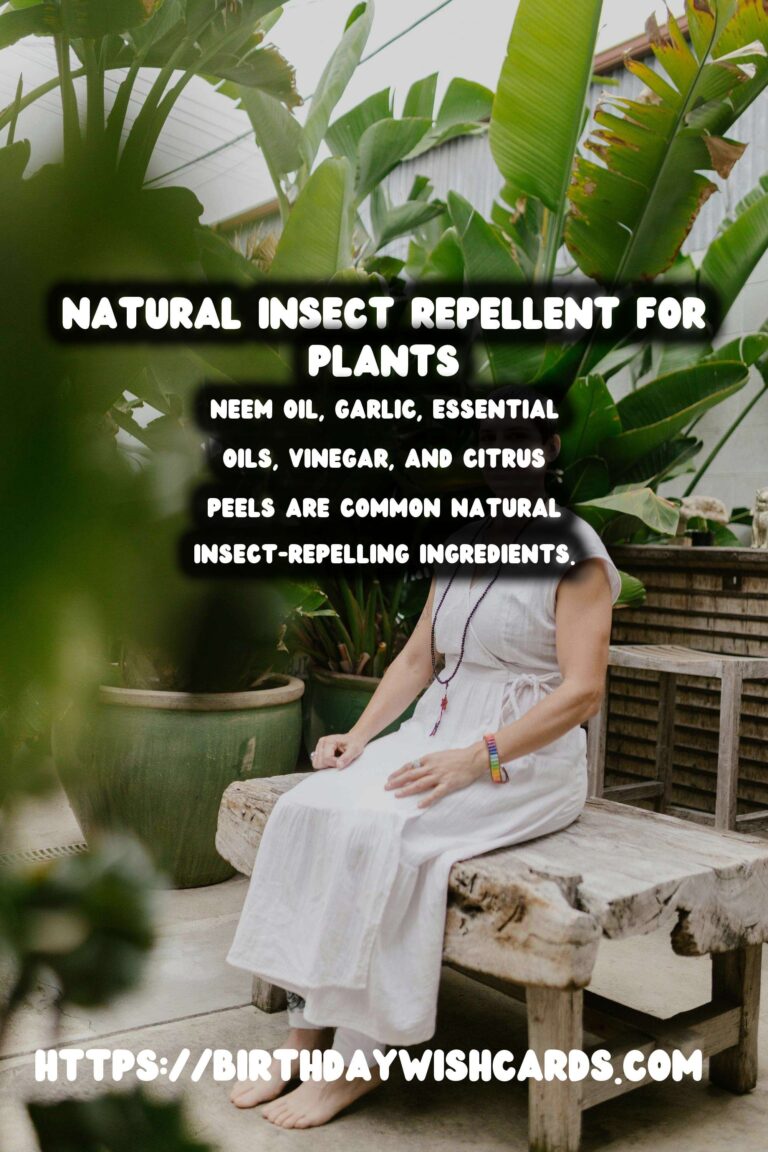
Houseplants are a wonderful addition to any home, bringing in a touch of nature and improving the air quality. However, they often attract unwanted guests: insects. While there are numerous chemical insect repellents available, many plant enthusiasts prefer a natural approach. Homemade insect repellents are not only effective but also safer for your plants and the environment.
Why Use Homemade Insect Repellents?
Using homemade insect repellents ensures that you know exactly what ingredients are being used, eliminating the risk of exposing your plants to harsh chemicals. These natural solutions are cost-effective and can often be made with ingredients you already have at home. Plus, they offer a safer alternative for homes with pets and children.
Common Ingredients for Homemade Insect Repellents
Several natural ingredients are known for their insect-repelling properties. Here are some common ones you can use:
- Neem Oil: Derived from the seeds of the neem tree, neem oil is a powerful natural pesticide that disrupts the life cycle of insects.
- Garlic: The strong smell of garlic is known to repel many insects.
- Essential Oils: Oils like peppermint, eucalyptus, and lavender are effective in keeping bugs at bay.
- Vinegar: The acetic acid in vinegar acts as a natural deterrent for many bugs.
- Citrus Peels: The natural oils in citrus peels can deter pests when sprayed directly on plants.
How to Make a Simple Insect Repellent Spray
Making your own insect repellent spray is easy. Here’s a simple recipe:
- Mix one cup of water with a tablespoon of neem oil.
- Add a few drops of essential oils such as peppermint or eucalyptus.
- Pour the mixture into a spray bottle and shake well before use.
- Spray the solution on your houseplants, focusing on the underside of leaves where insects tend to hide.
Additional Tips for Keeping Insects Away
Beyond using homemade sprays, there are other strategies you can implement to protect your houseplants from pests:
- Regular Cleaning: Wipe the leaves of your plants with a damp cloth to remove dust and potential insect eggs.
- Quarantine New Plants: Before introducing new plants to your collection, keep them isolated for a few weeks to ensure they’re pest-free.
- Inspect Regularly: Frequently check your plants for signs of pests, such as holes in the leaves or sticky residue.
Conclusion
Homemade insect repellents offer a safe and effective way to protect your houseplants from unwanted pests. By utilizing natural ingredients and maintaining regular plant care, you can keep your indoor garden healthy and thriving. Always remember to test any new spray on a small area of your plant to ensure there is no adverse reaction. Happy gardening!
Houseplants often attract unwanted insects, making homemade insect repellents a safer alternative. Using homemade insect repellents ensures that you know exactly what ingredients are being used. Neem oil, garlic, essential oils, vinegar, and citrus peels are common natural insect-repelling ingredients. A simple insect repellent spray can be made with water, neem oil, and essential oils. Regular cleaning and quarantining new plants are additional strategies to keep pests away. 
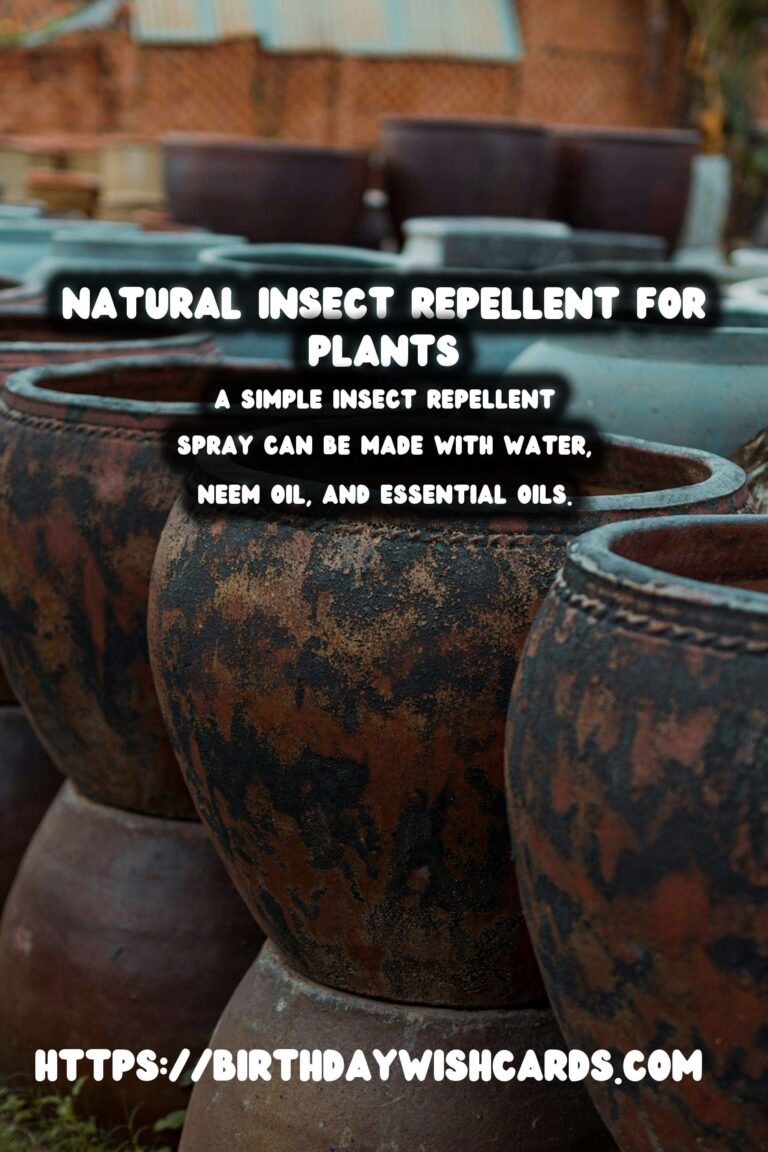
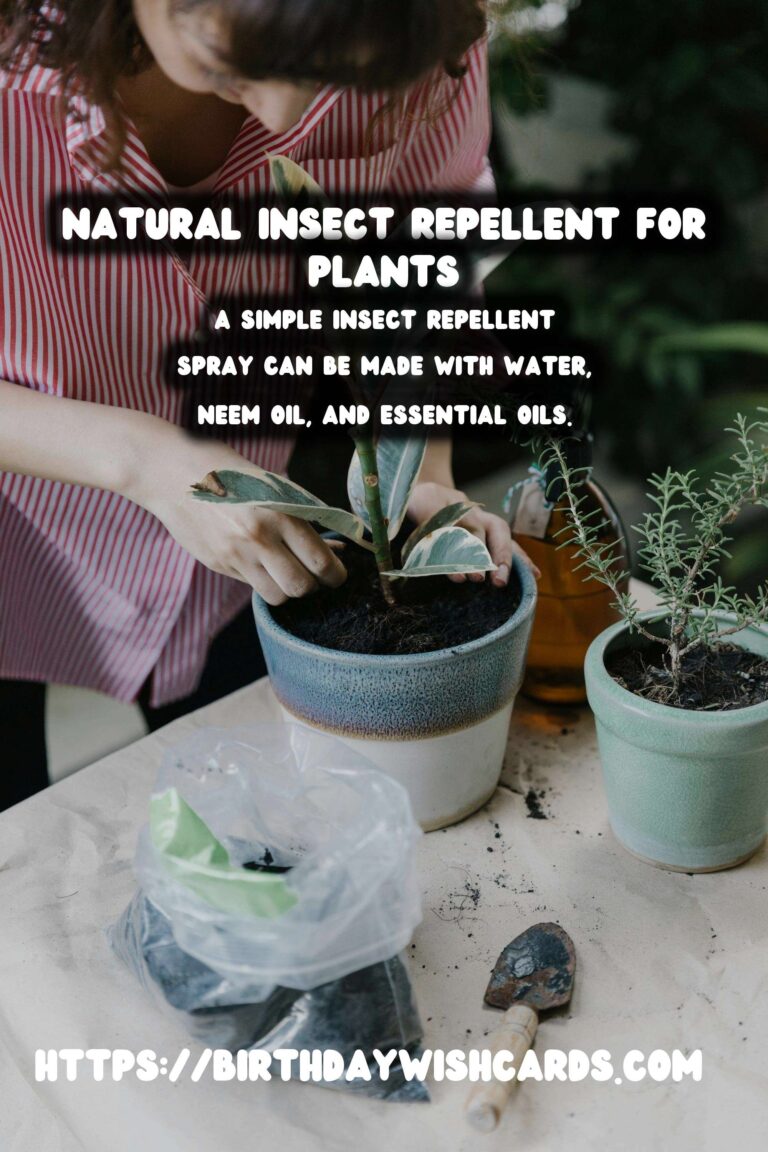
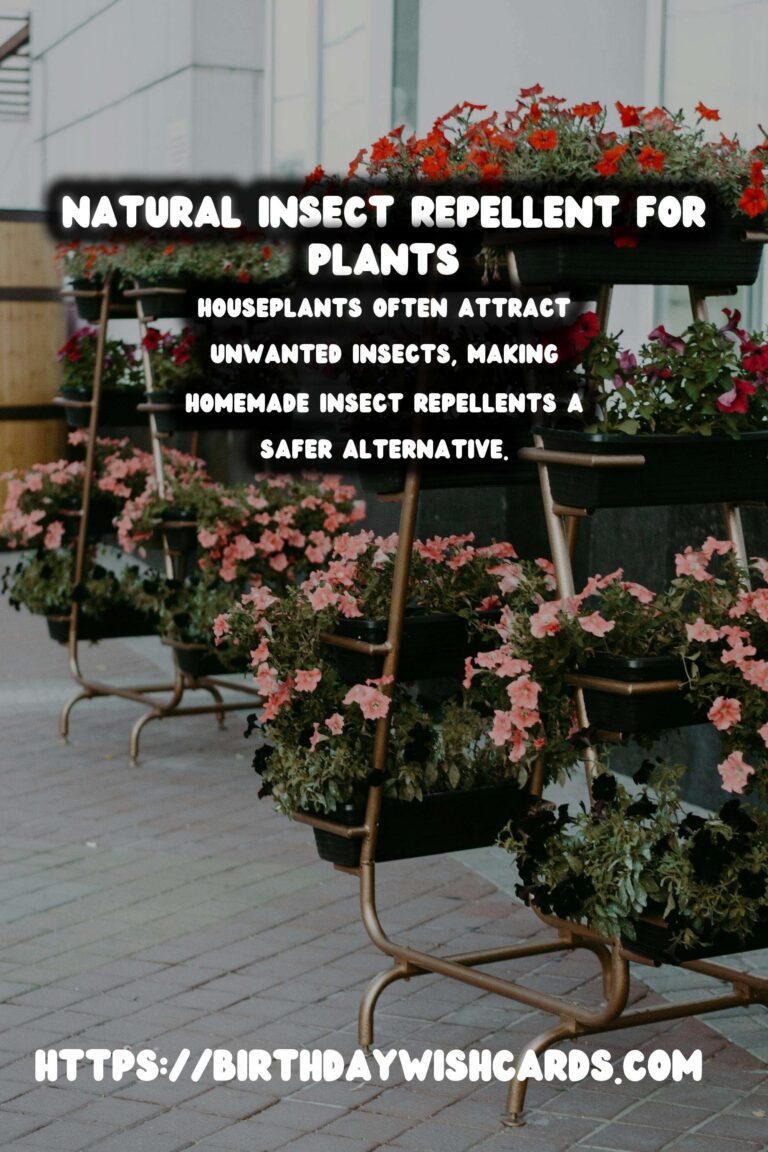
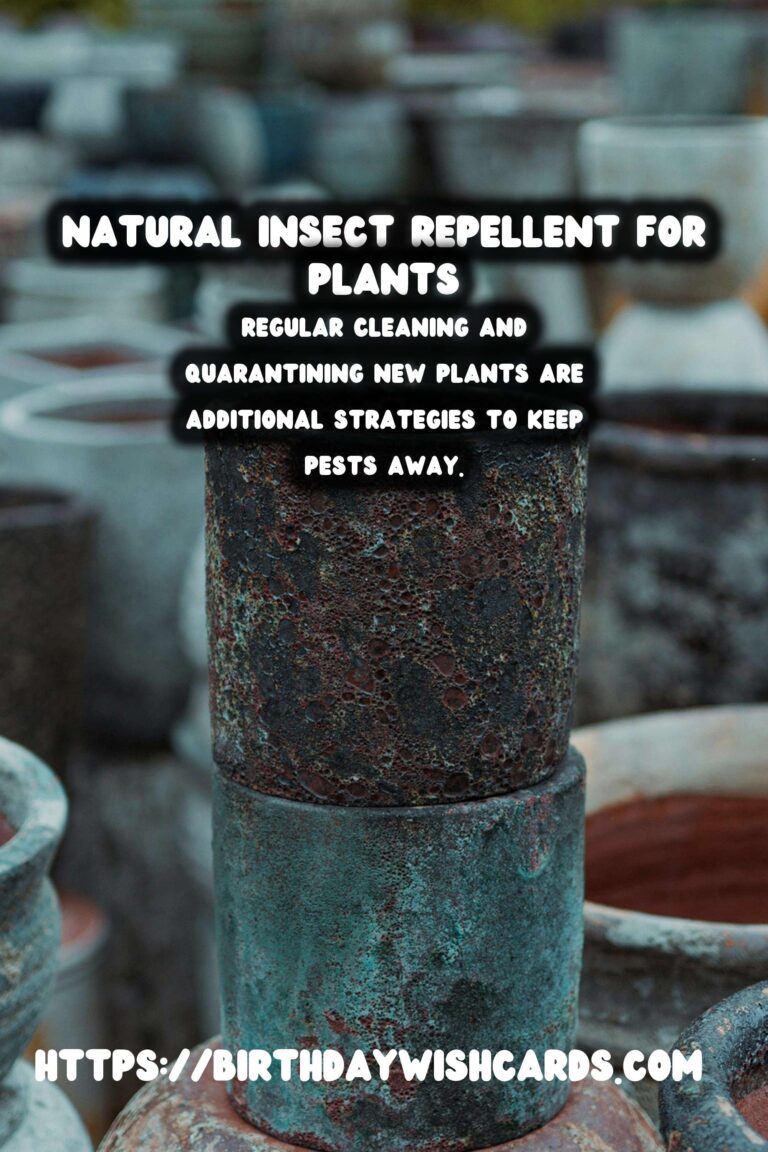
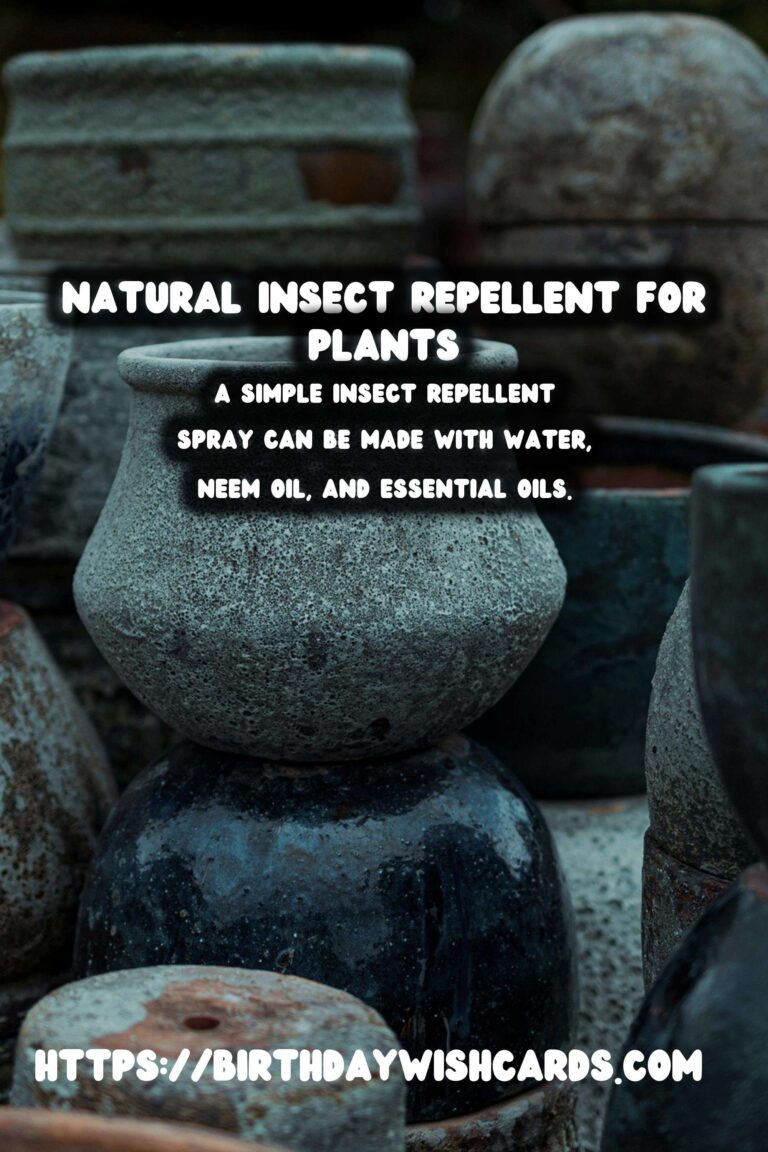
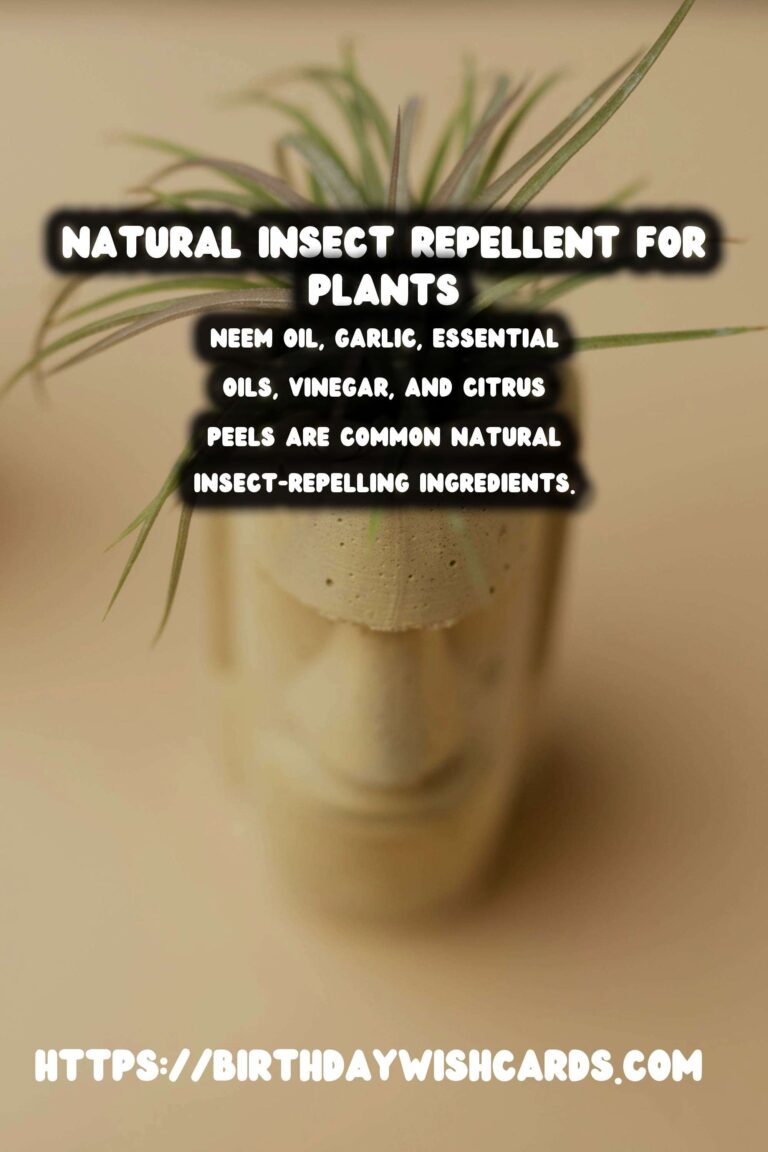
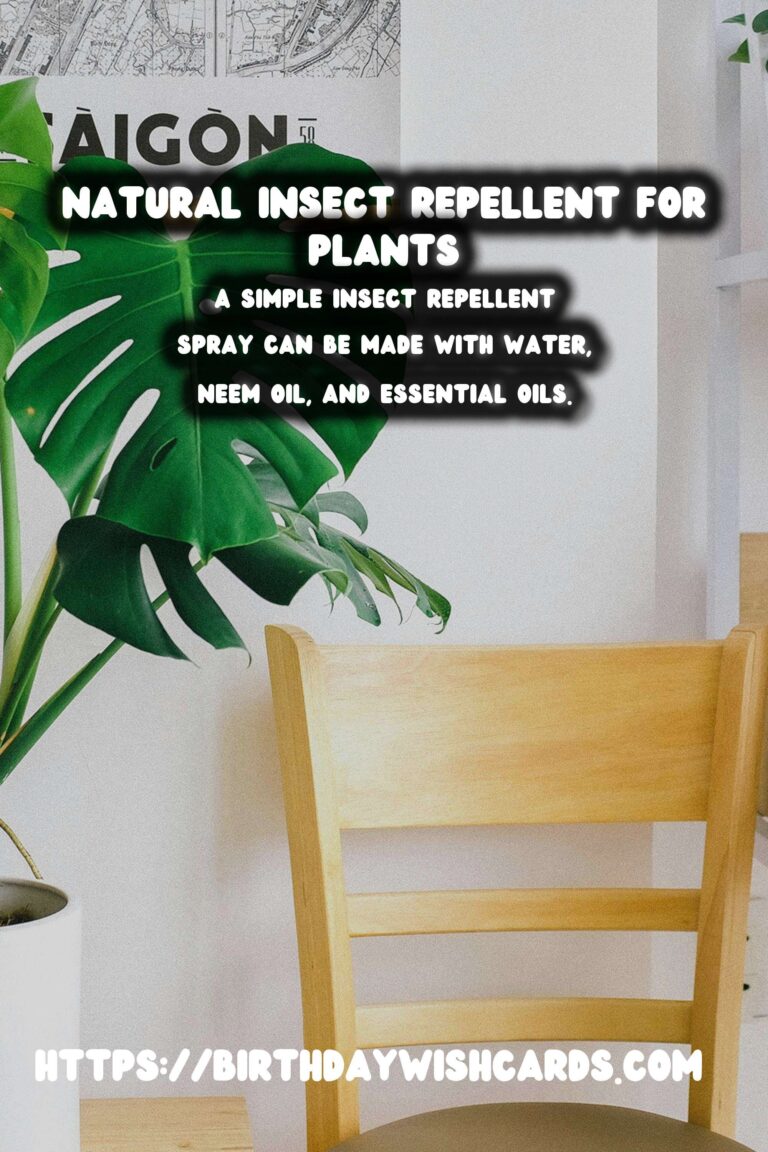
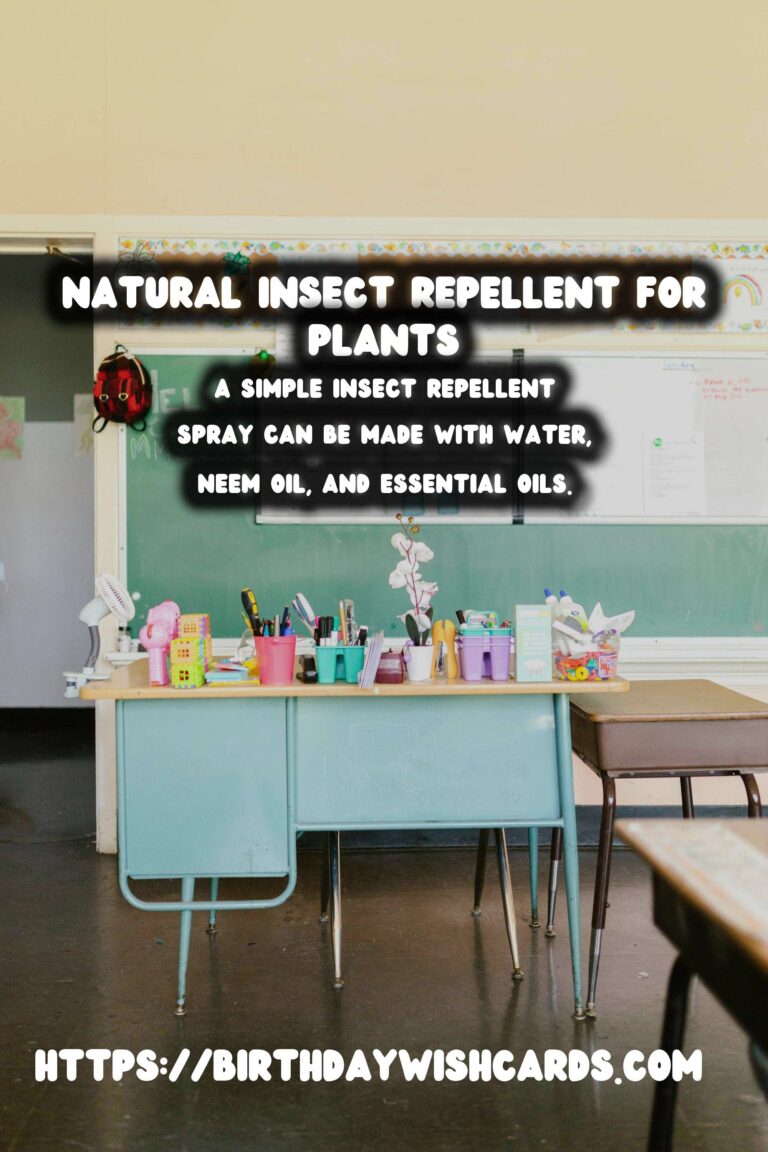
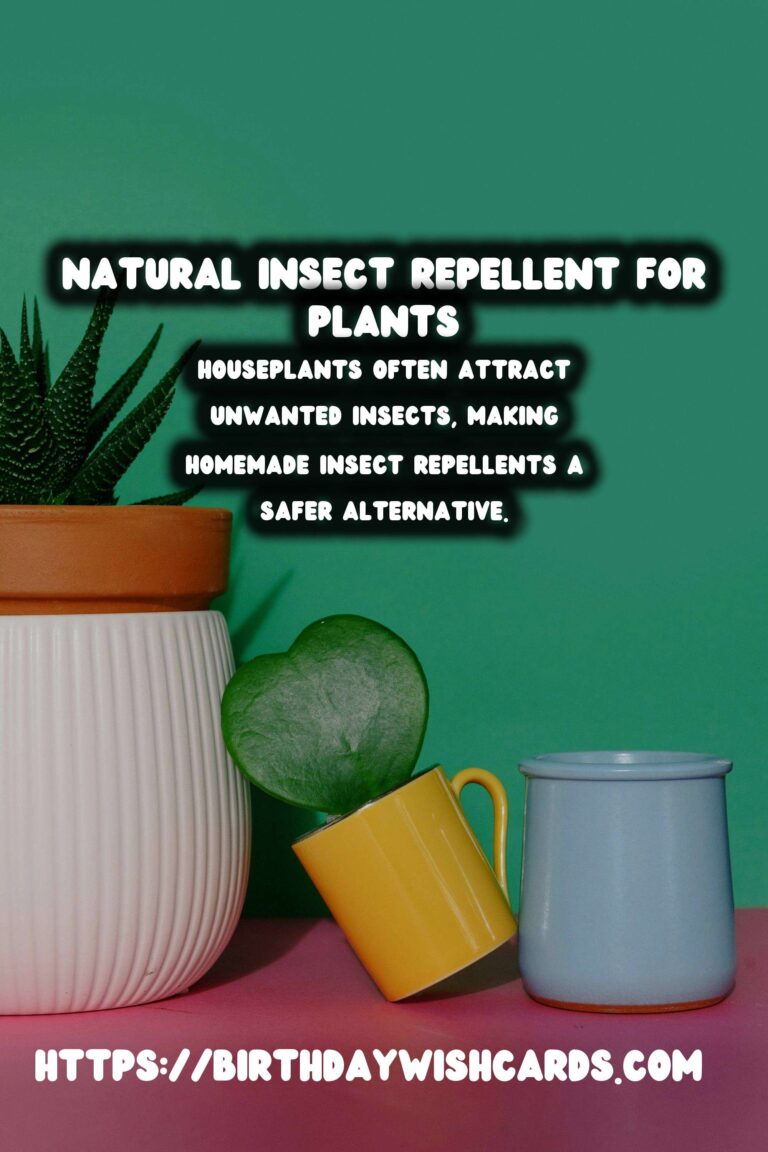
#Houseplants #InsectRepellent #NaturalRemedies #Gardening #HomeGardening



